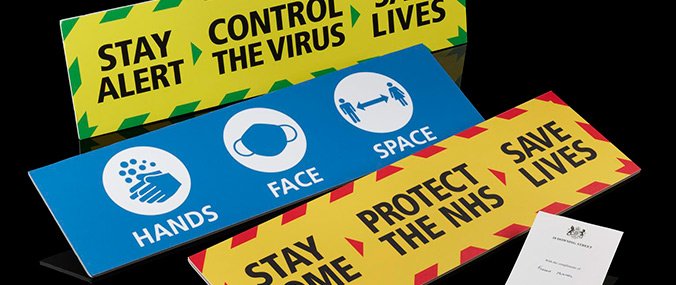Banner image: 2021 lectern sign carrying the message ‘Stay At Home. Protect the NHS, Save Lives’, as used in the Science Museum Group. © The Board of Trustees of the Science Museum.
GPs have witnessed many changes in society and their impact on the nation's health. The tools they use record these challenges, from pandemics to drug epidemics.
Over the past two centuries, our nation's health has significantly changed. Throughout, GPs have played a vital role, from the early days of vaccination in the 19th century to the current COVID-19 outbreak. GPs have worked tirelessly under challenging circumstances to improve the nation's health.
GPs face societal challenges like evolving attitudes towards pregnancy, past pandemics, and social stigma. Many people still misunderstand HIV.
Listen to the collection
Doctor's practices have adapted to societal changes, including the pandemic. Kate Cabot discusses how her practice introduced new tools for treating patients.
Snapshots from the archives
Doctors have been at the forefront of social challenges such as infectious diseases. These stories from the archive show how much things have advanced regarding certain conditions like diphtheria. Meanwhile, challenges such as vaccine scepticism seem like a modern problem, but have roots far back into the nineteenth century.
"The use of antiseptic treatment in surgery, which we owe to Lord Lister, has greatly improved the safety of operations. It has significantly reduced the risk to life, especially in abdominal surgery. In the past, removing tumours caused by ovarian disease was considered too dangerous due to the high fatality rate. However, the risk has been significantly reduced over the last decade or so. Nowadays, it is safe to operate in every case.
"I had a very dear relative who was the subject of this disorder and ultimately succumbed. It's because, in her case, an operation was not considered permissible. I have no doubt that had the antiseptic treatment been known, then her life would have been saved. The anti-vaccination craze was in full vigour before I left the practice, and I had an unfortunate experience with its methods and was the victim of the misplaced zeal of some of that fraternity."
"There was a "fever hospital" for infectious diseases, which was most helpful and needed a visit on most days. The most common illnesses treated there were diphtheria, scarlatina, and measles. Though diphtheria antitoxin was used in treatment, no immunisations were available for anything other than smallpox. I always carried a set of tracheotomy instruments in my bag, but fortunately, I never had to use them."
Thank you for your feedback. Your response will help improve this page.




